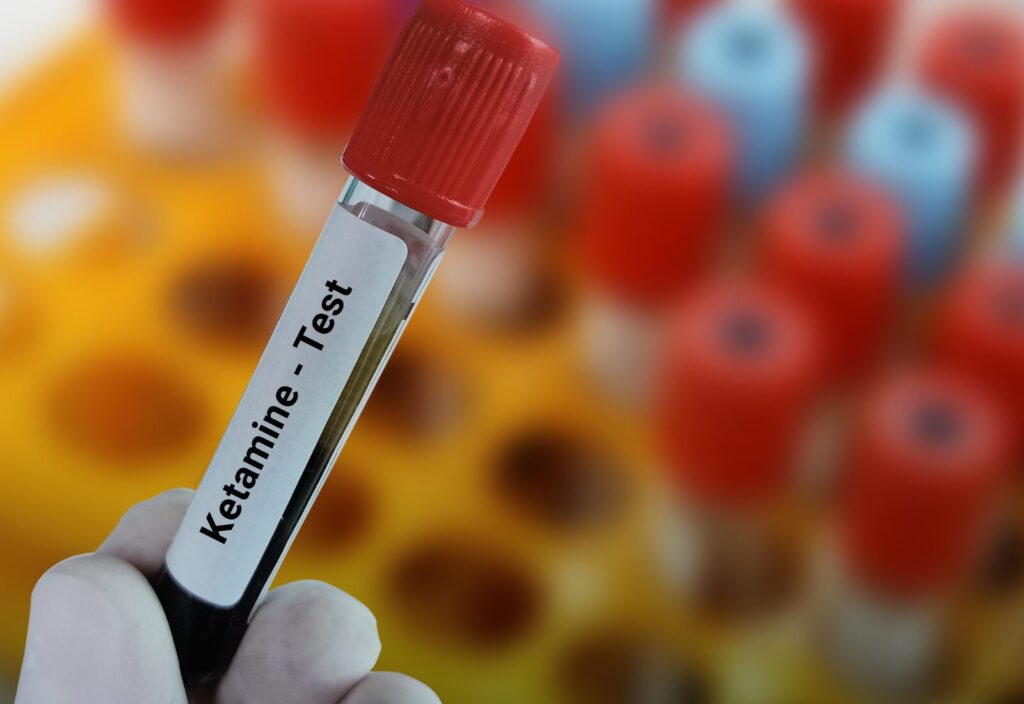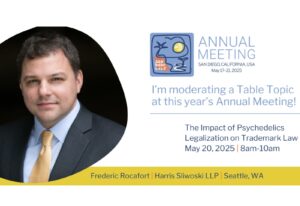On February 16, 2022 and October 10, 2023, the FDA issued two warnings about the use of compounded ketamine. The first warning is entitled, “FDA alerts health care professionals of potential risks associated with compounded ketamine nasal spray,” and the second warning is entitled, “FDA warns patients and health care providers about potential risks associated with compounded ketamine products, including oral formulations, for the treatment of psychiatric disorders”. While there is a lot of overlap between the two warnings, it is apparent that the first warning did not have the intended effect.
Risks of using compounded ketamine
The FDA is clearly concerned about the use of compounded ketamine. Compounded ketamine is ketamine prepared by a pharmacy that has different dosage levels. As the FDA warned, ketamine is not approved for psychiatric disorders. However, esketamine (also known as Spravato), the nasal spray that contains ketamine, has been approved by the FDA for use under certain conditions. Eskatmine is part of the FDA’s Risk Evaluation and Mitigation Strategy (REMS) program. As noted by the FDA:
“The Spravato REMS program requires Spravato (esketamine) to be dispensed and administered in health care settings that are certified in the REMS. Spravato (esketamine) cannot be dispensed for use outside the certified healthcare setting. Patients must be monitored inside the healthcare setting after administration for a minimum of two hours until patients are safe to leave.”
A REMS program is used by the FDA when an approved medication has serious safety concerns to help ensure the benefits of the medication outweigh the risks.
Notwithstanding these concerns, compounded ketamine (whether in a pill form or used sublingually) is not part of the REMS program and is not approved by the FDA for any indication. Thus, there is no way to evaluate the risks attendant with compounded ketamine, nor is there a formal mechanism to track adverse events (unless they are otherwise reported to the FDA). Moreover, as the FDA stated, “Ketamine is not FDA-approved for the treatment of any psychiatric disorder.” Since ketamine is not FDA-approved for such disorders, clearly compounded ketamine lacks FDA clearance as well.
The FDA also noted that ketamine is a racemic mixture consisting of two mirror image molecules, which caused brain lesions during animal studies. Animal studies with esketamine did not show brain lesions. Moreover, there are other risks with using ketamine, including “hemodynamic instability, emergence reactions (vivid dreams, hallucinations, or delirium), respiratory depression, and drug-induced liver injury, among others.”
February 2022 FDA warning
The February 2022 FDA warning was caused, at least in part, after the FDA searched the FDA Adverse Event Reporting System from April 2011 through January 2022. The FDA identified five cases using compounded ketamine, reported between 2016 to 2021, with associated psychiatric events such as delusion, dissociation, visual hallucination, and panic attack as well as abuse and misuse following the use of compounded ketamine nasal spray. Moreover, the FDA reported:
The reported concentrations of compounded ketamine nasal spray ranged from 125 – 200 mg/mL. Frequency of use varied from three sprays three times a day to six sprays eight times a day. The amount of medication administered to the patients with each spray is unknown. In most case reports, the patients self-administered the product at home, and it is unknown whether they were observed or monitored by a healthcare professional.
October 2023 FDA warning
While the FDA warning from October 2023 contained some of the same information as the February 2022 warning, the October 2023 warning noted that there is more public interest in the use of sublingual and oral dosage forms of compounded ketamine for behavioral health disorders. Part of the advent of compounded ketamine is due to telehealth platforms that provide in-home ketamine services. The FDA specifically noted:
“[u]se of compounded ketamine products without monitoring by a health care provider for sedation (sleepiness), dissociation (disconnection between a person’s thoughts, feelings, and sense of space, time, and self), and changes in vital signs (such as blood pressure and heart rate) may put patients at risk for serious adverse events.”
The FDA was quite blunt by stating:
“FDA has not determined that ketamine is safe and effective” for the treatment of psychiatric disorders. The FDA is not aware of evidence to suggest that ketamine is safer, is more effective, or works faster than medications that are FDA-approved for the treatment of certain psychiatric disorders.”
The October 2023 FDA warning also noted several potential safety risks associated with compounded ketamine products. Such safety risks include:
• Patients who receive compounded ketamine products from compounders and telemedicine platforms for the treatment of psychiatric disorders may not receive important information about the potential risks associated with the product.
• At-home administration of compounded ketamine presents additional risks because a health care provider is not available onsite to monitor for serious adverse outcomes resulting from sedation and dissociation.
• In April 2023, FDA received an adverse event report of a patient who experienced respiratory depression after taking compounded oral ketamine outside of a health care setting for the treatment of PTSD. The patient’s ketamine blood level appeared to be twice the blood level typically obtained for anesthesia.
• In addition to the potential risks associated with compounded ketamine products, patients and health care providers should be aware that information about use of these products is lacking. For example, FDA has not established safe or effective dosing of ketamine for any psychiatric indication. Furthermore, the dosages of the sublingual and oral compounded ketamine products marketed by compounders and telemedicine platforms may vary, which makes it challenging to predict which potential risks may be associated with these products.
Conclusion
Ketamine is Schedule 3 drug for a reason, including the potential for misuse and abuse. There are potentially serious side effects when using ketamine. The risks associated with compound ketamine are unknown since each mixture can be different, and it has not been FDA-approved for any disorder. Moreover, the FDA clearly is concerned about telehealth and ketamine (something we’ve written about extensively).
Given some of the potential side effects, a healthcare provider should be with the patient during the administration of the drug and for a few hours afterward. Those providers who prescribe compounded ketamine for in-home administration assume a lot of risks, especially if a properly trained provider is not with the patient.

























